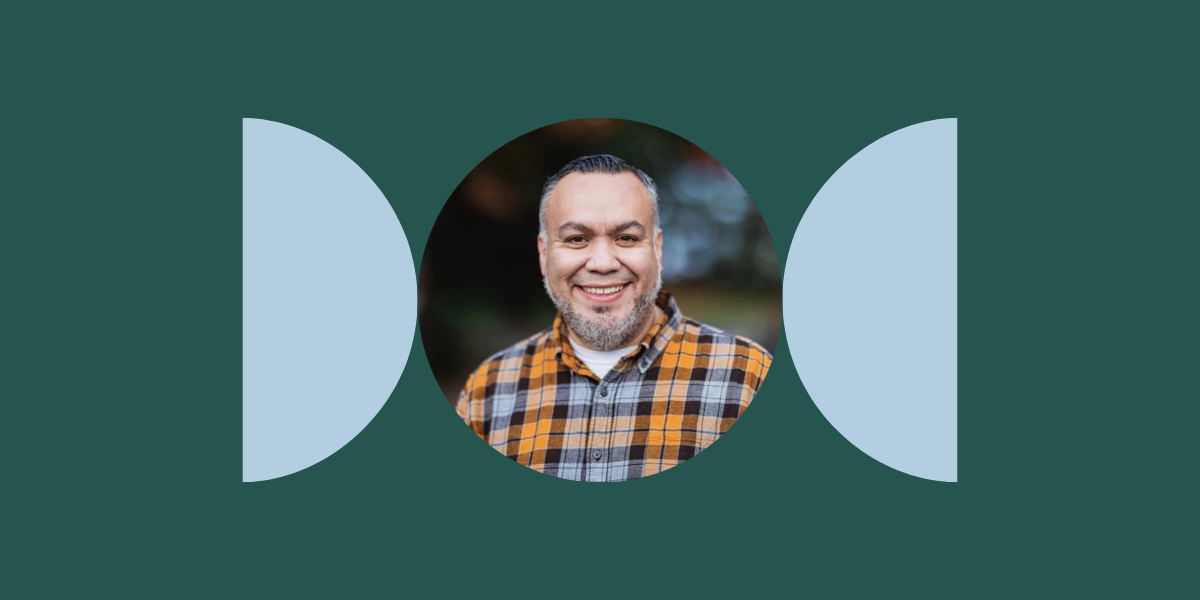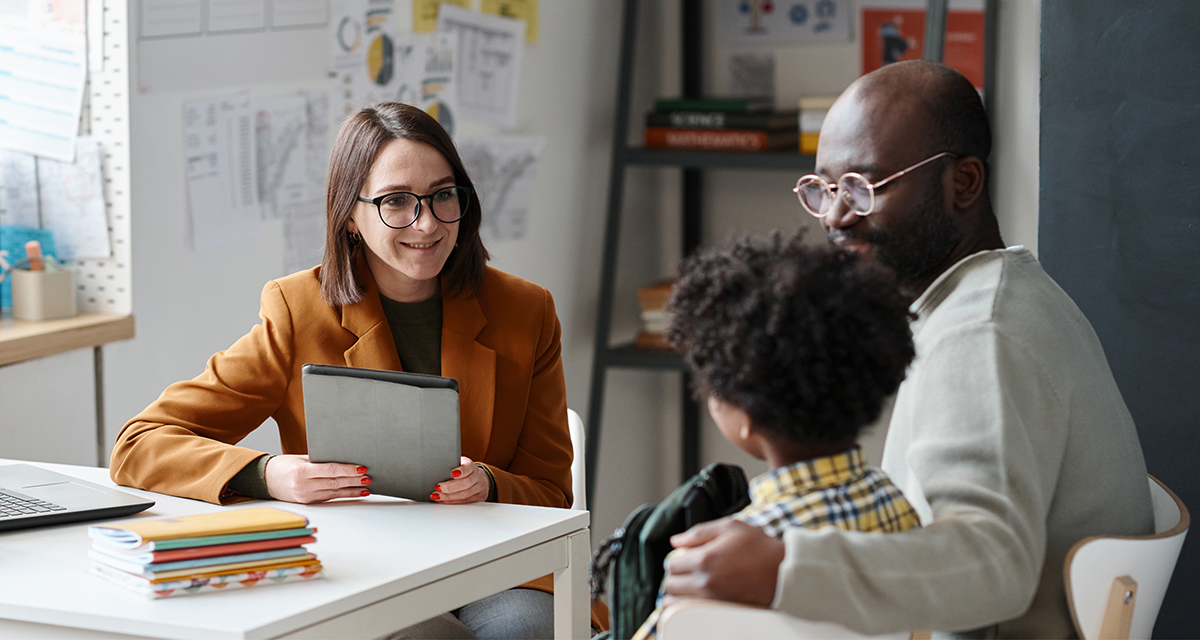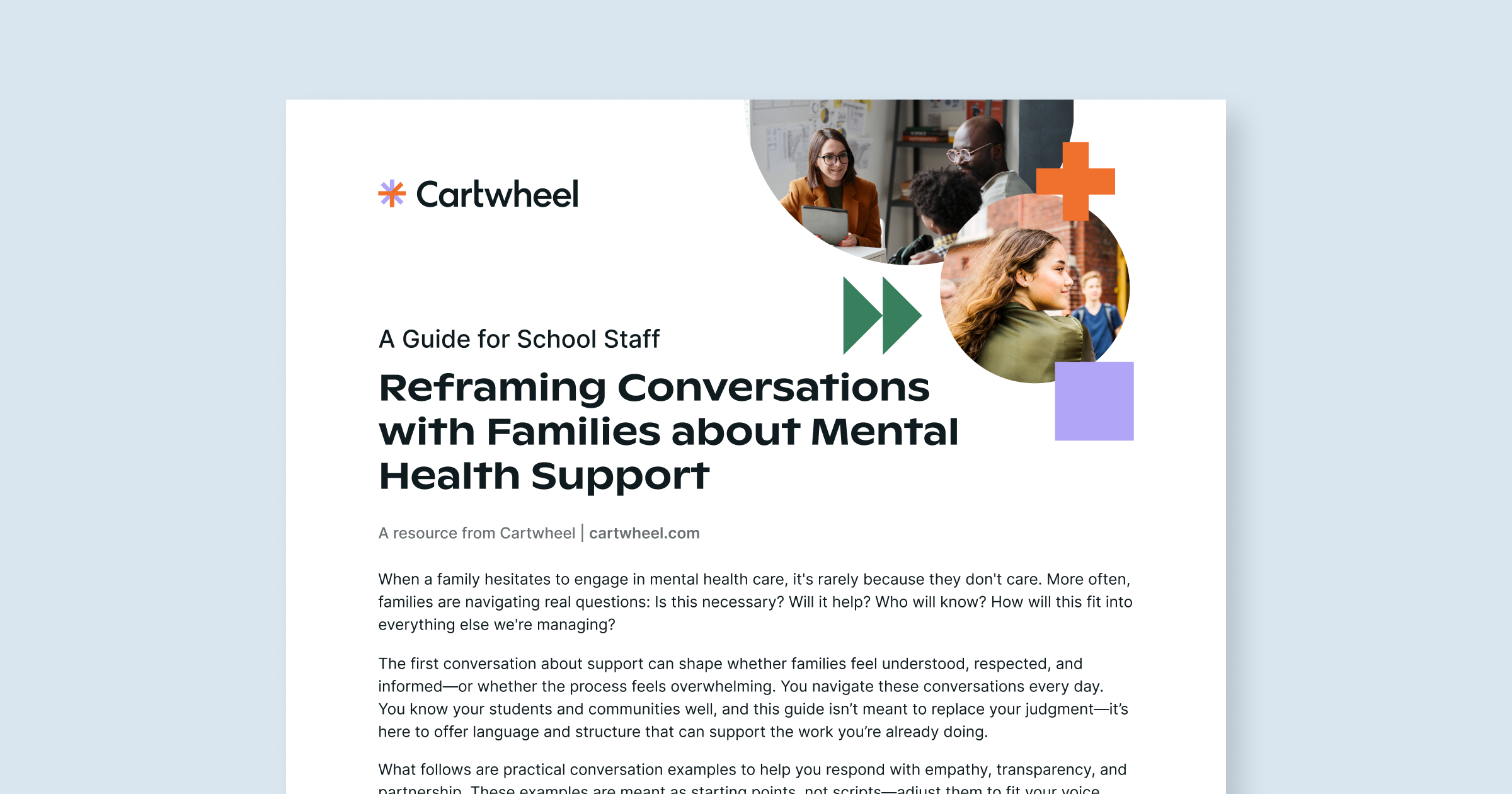In this webinar, Fabian Ramirez—a nationally recognized bullying prevention speaker—shared personal stories from his own childhood experiences with bullying to help families understand how everyday interactions can either add to the hurt or spark healing for kids.
This session is part of Cartwheel’s year-long webinar series for parents, caregivers, and school staff, designed to provide clear strategies and tools to support kids’ mental and emotional well-being.
Hurt People Hurt People—But Healed People Heal People
Fabian began by recounting his first day of middle school, when he was physically bullied by another student. He remembered the confusion and fear he felt, and how he kept it to himself because he didn’t want to be labeled a “snitch.” That early experience shaped his life’s work: helping kids feel safe to speak up and helping adults create environments where healing is possible.
He reminded families that kids who act unkind often carry their own pain. While this doesn’t excuse the behavior, understanding it can help adults respond with both accountability and compassion. Every interaction—whether at home, in the car, or on the way to school—can build a sense of safety and belonging.
Teaching Kids to Report, Not “Snitch”
A key theme of the webinar was giving kids language and clarity about what to do when they witness or experience bullying. Fabian encouraged families to teach the difference between snitching and reporting: snitching is about getting someone in trouble, while reporting is about getting someone help and keeping everyone safe.
Parents can coach their children to use simple, clear phrases in the moment, such as:
- “That’s not true.”
- “Please stop.”
- “I’m not okay with that.”
- “When you said that, it made me feel ___.”
These responses empower kids to set boundaries while also giving adults the information they need to take action.
Anything Mentionable Is Manageable
Fabian emphasized that “anything mentionable is manageable.” When kids can talk about their feelings, adults can step in to help them handle whatever comes their way. Not every child will open up right away, so families can create space for conversation by asking open-ended questions like:
- “What about today would you change?”
- “Rate your day from 1 to 10.”
- “Is there anything you want to talk about later?”
These small check-ins, done consistently, build trust and make it easier for kids to share when something serious happens.
The Ripple Effect of Kindness
Throughout the session, Fabian reminded families that kindness has a ripple effect. The way adults respond—to kids and to one another—sets the tone. Modeling empathy, standing beside a child who’s being targeted, and calmly reporting harmful behavior can all create safer school communities. Every small action adds up.
Raise Your Hand for Support
When bullying happens, families are often the first to notice changes in their child’s mood, behavior, or sense of safety. You don’t have to navigate that alone. Cartwheel is here to support your child’s emotional well-being.
You can now raise your hand directly for support with Cartwheel to get connected with trusted, licensed clinicians.
Want more content like this? We have more valuable webinars planned throughout the year—covering topics like resilience, grief, and navigating school systems. View our complete webinar calendar and register for upcoming sessions.





.png)